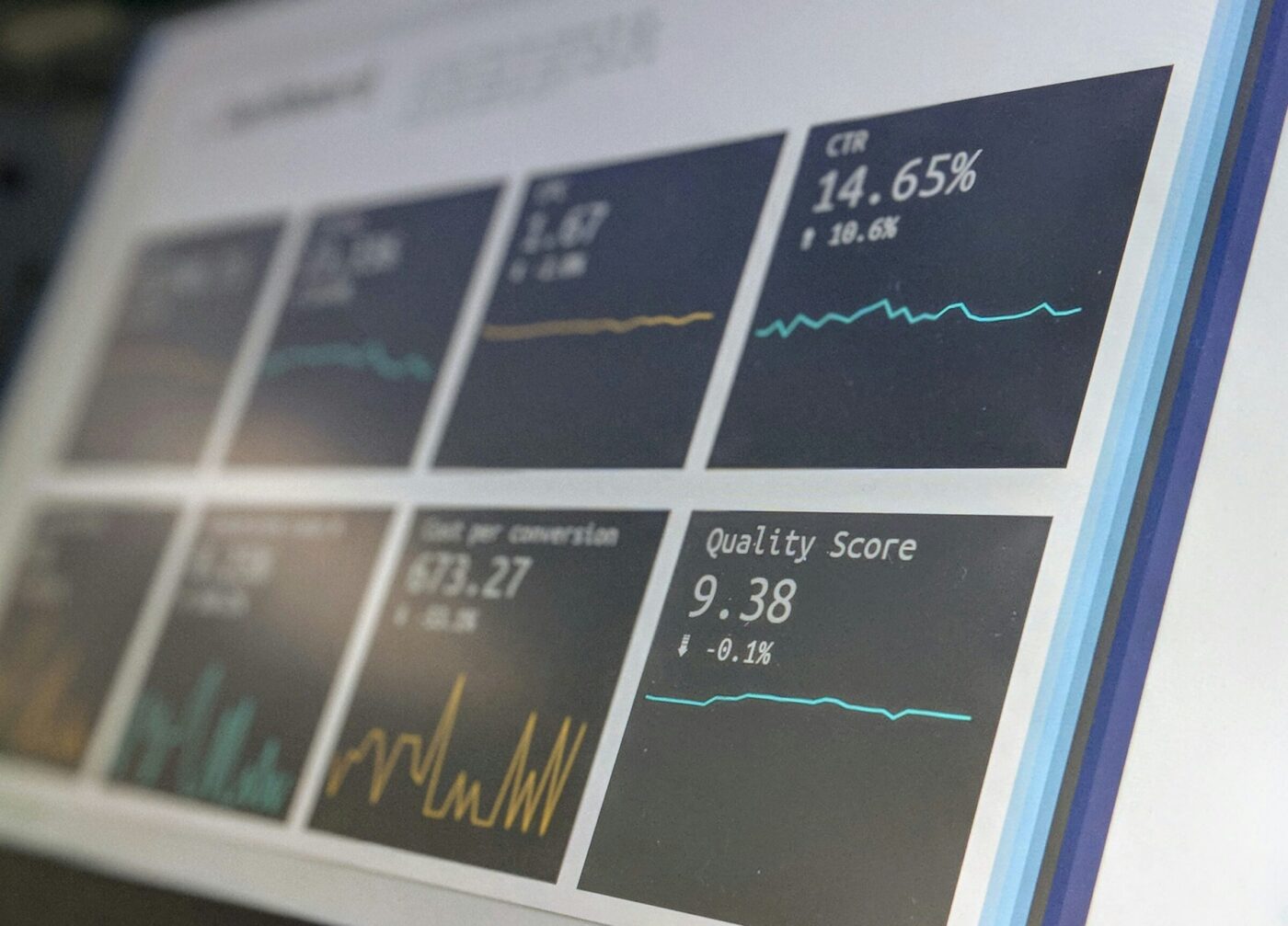 There are so many Content Management Systems (CMS) out there. Some good and some not so good! When it comes to optimising a site for SEO, there are some functions that are really important. These are often overlooked when a CMS isn’t chosen with SEO in mind.
There are so many Content Management Systems (CMS) out there. Some good and some not so good! When it comes to optimising a site for SEO, there are some functions that are really important. These are often overlooked when a CMS isn’t chosen with SEO in mind.
This post gives a quick overview of basic functions that an ideal CMS should provide for SEO. It might be particularly useful if you have a client who is choosing a new one, or switching CMS. They should check with their Web developer that all of these things are possible:
The ability to change the page title of any page. This means not having the page title dynamically generated, and not having them affect anything else on the page if they are changed.
An ideal CMS should allow you to create H1 and H2 heading tags, and not link this with the CSS if possible. This is so that if the client would like the largest title on the page to be different to the keyword rich SEO H1 title, this would be possible. Make sure it doesn’t put random irrelevant heading tags around images or other content.
In a perfect world, a CMS should allow you to create Alt tags for every image on a page.
The ability to choose the anchor text of navigation tabs, and other internal links is very useful within a CMS.
The URL structure that a CMS creates should be logical, and not include random numbers, punctuation or letters. It should ideally use hyphens rather than underscores. Try to ensure it creates static URLs which are not dynamically generated or which create multiple versions of the same page. If the CMS allows you to choose the URL, this is even better!
If you can get a CMS which will allow you to create 301 redirects for broken links easily, this will save you a lot of time. Even better than this are CMS’ which remember the ‘old’ URL of content and automatically create 301’s for them if the content is moved.
If your site is built using flash, java, or frames, some CMS’ will automatically create an alternative text version for search engines to read, as well as visitors using browsers that are not compatible with these technologies.
Some clients think their CMS is magic because it automatically generates an XML sitemap. Although this can be useful if it works properly, this kind of dynamically generated sitemap often picks up broken links and content that you may not want to be included, such as URLs with canonical issues. It is recommended that they choose a CMS where you can either review and remove pages from their dynamically generated XML sitemap, or that the function can be switched off and a manual XML sitemap can be uploaded if required.
Have you experienced any other CMS functionalities (or lack of functionalities) that have made optimising a site more challenging than it needed to be? Feel free to write your experiences below in the comments field.
Image Source
Content Management System via BigStock





Leave a Reply